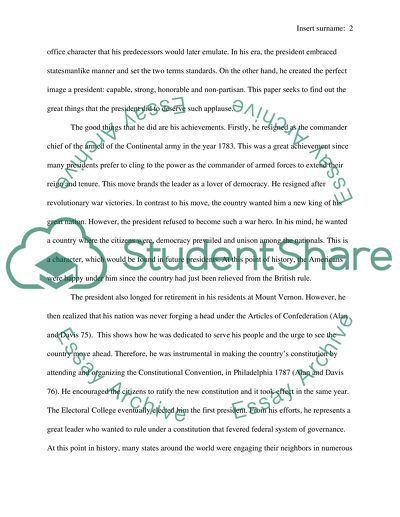Cite this document
(“The U.S. Presidents: The Best and the Rest Term Paper”, n.d.)
The U.S. Presidents: The Best and the Rest Term Paper. Retrieved from https://studentshare.org/history/1483214-the-us-presidents-the-ypbesty-and-the-rest
The U.S. Presidents: The Best and the Rest Term Paper. Retrieved from https://studentshare.org/history/1483214-the-us-presidents-the-ypbesty-and-the-rest
(The U.S. Presidents: The Best and the Rest Term Paper)
The U.S. Presidents: The Best and the Rest Term Paper. https://studentshare.org/history/1483214-the-us-presidents-the-ypbesty-and-the-rest.
The U.S. Presidents: The Best and the Rest Term Paper. https://studentshare.org/history/1483214-the-us-presidents-the-ypbesty-and-the-rest.
“The U.S. Presidents: The Best and the Rest Term Paper”, n.d. https://studentshare.org/history/1483214-the-us-presidents-the-ypbesty-and-the-rest.


